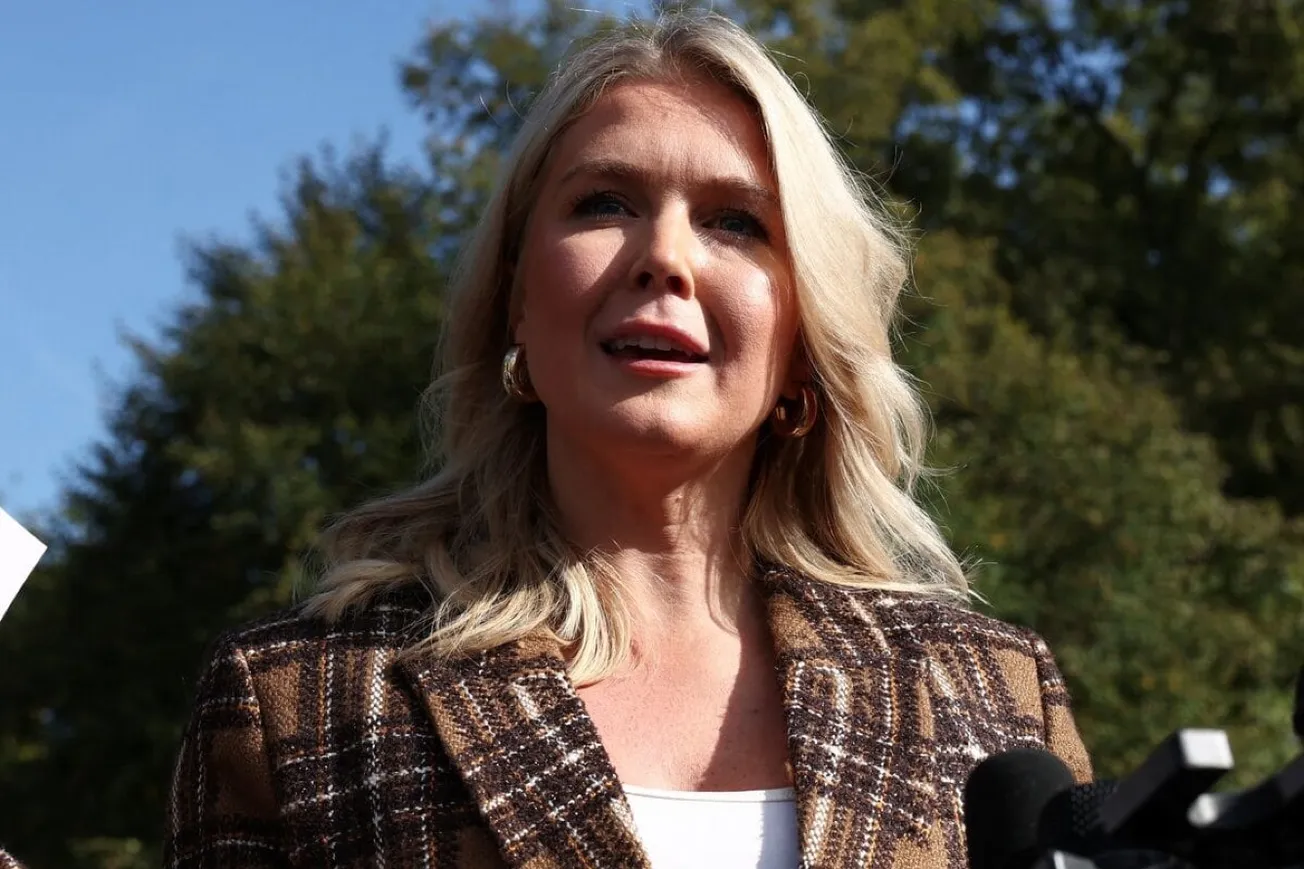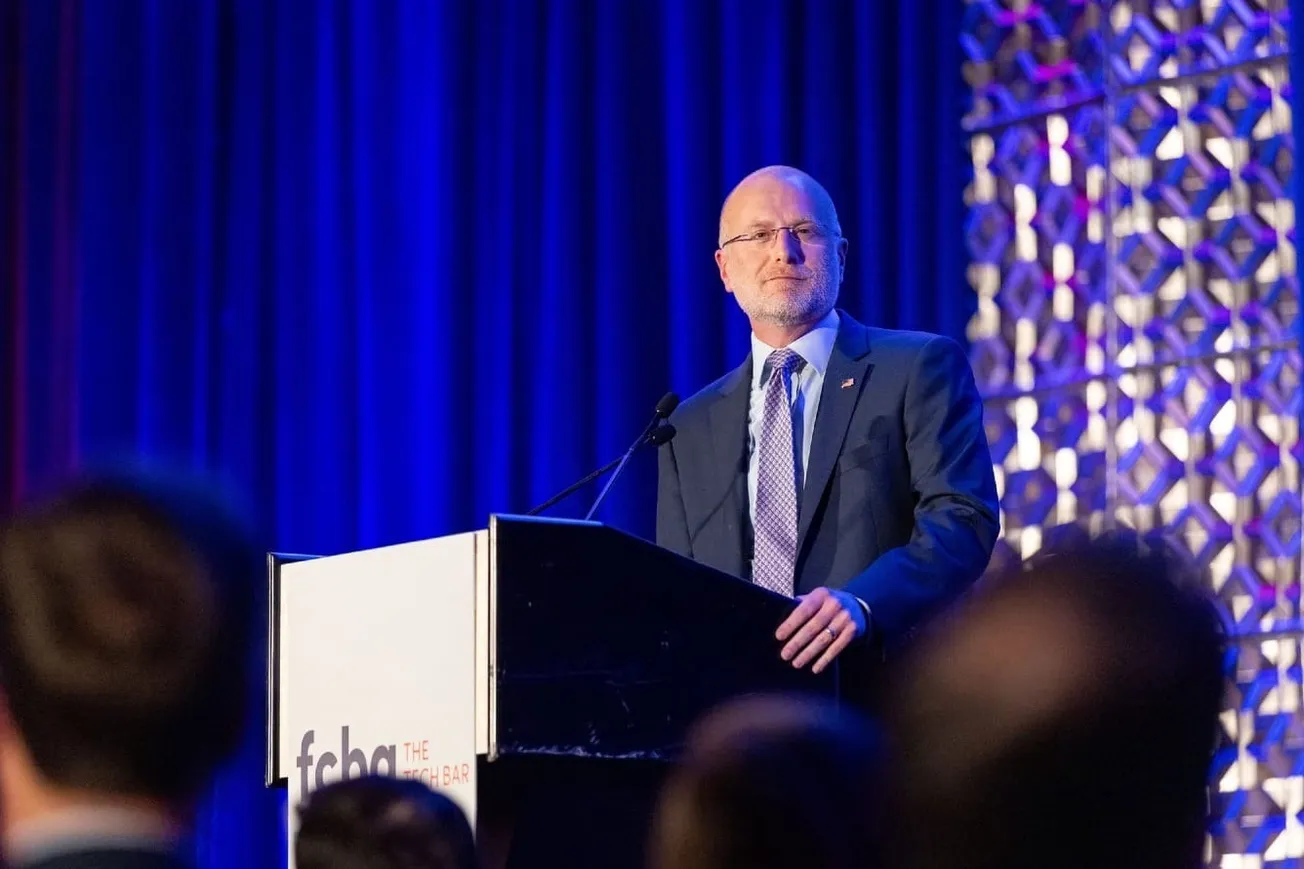By Tyler O'Neil, The Daily Signal | January 01, 2025
The administrative state will not take President-elect Donald Trump’s reforms lying down, and although his actions as president can severely hamper the deep state, he will need legislative help to fully address the bureaucratic rot in the federal government.
Sen. James Lankford, R-Okla., recently confirmed reports that the Senate would consider two tracks for two so-called reconciliation bills, which, as of Jan. 3, the Republican-majority Senate can pass with fewer than 60 votes. One bill, likely to pass more quickly, will focus on immigration and energy; the other will focus on extending the tax cuts in the Tax Cuts and Jobs Act of 2017.
I’d like to suggest that, in whichever reconciliation bill seems most appropriate to them, House and Senate Republicans consider including reforms to make the administrative state more accountable to the people’s elected president.
These structural reforms to take on the deep state should make it easier to fire bureaucrats who oppose the president’s agenda, saving money and helping to streamline the federal budget.
2 Tracks of Deep State Reform
The incoming second Trump administration is already effectively gearing up to fight waste and abuse in the federal government, using tools that don’t require Congress to pass any new legislation.
Elon Musk and Vivek Ramaswamy have done excellent work in exposing the eye-popping waste and abuse in the federal government. Their Department of Government Efficiency, a presidential advisory commission known as DOGE, is long overdue.
Sen. Joni Ernst, R-Iowa, who leads efforts to help DOGE in the Senate, published an important report revealing how your tax dollars are wasted in maintaining federal office space while employees work from home.
The Department of Education shelled out $1 billion in diversity, equity, and inclusion grants since 2021, according to a report on so-called DEI spending from Parents Defending Education.
Trump should be able to reverse much of this damage through executive orders and by elevating effective managers to key positions such as heading the Office of Management and Budget and the Office of Personnel Management.
Even as woke bureaucrats dig in by finalizing rules to “Trump-proof” the bureaucracy, the new administration can issue new rules to reverse these steps. Trump’s executive order creating a new category for federal workers, “Schedule F,” will go a long way toward making the government more accountable.
Trump is preparing to make the important moves that he will have the authority to make after his inauguration Jan. 20. Unfortunately, subduing the deep state will require more than executive orders.
Public Sector Unions
Bureaucrats in Washington, D.C., enjoy benefits that most employees do not. Why? Public sector unions such as the American Federation of Government Employees have organized federal workers and secured perks and job protections that would shock private sector workers.
It is long past time to bring an end to the perverse system of federal government unions. Even President Franklin Delano Roosevelt, the man whose “New Deal” helped establish the modern federal bureaucracy, opposed public employee unions.
“The very nature and purposes of government make it impossible for administrative officials to represent fully or to bind the employer in mutual discussions with government employee organizations,” Roosevelt wrote. “The employer is the whole people, who speak by means of laws enacted by their representatives in Congress.”
FDR warned that any negotiation with a public employee union would constitute a loss of the people’s authority. Yet a shocking Government Accountability Office report found that federal workers at just one agency—the Department of Veterans Affairs—spent 1 million hours working for unions in 2015.
Republicans and Democrats long agreed that public sector unions weren’t compatible with constitutional government. The Civil Service Reform Act of 1978, which implemented many positive reforms, also codified President John F. Kennedy’s executive order enabling government workers to join unions. Congress should consider whether it’s time to amend this law.
When federal workers unionize, they set up an adversarial relationship with the people’s elected representatives, who hired these employees to serve the people. These unions then advocate for workers against the people’s elected representatives, shielding the employees from the ultimate accountability that comes at the ballot box.
Union protections help explain why so many bureaucrats felt comfortable openly opposing Trump’s agenda from within the executive branch during his first term. To fully address this deep state phenomenon, the second Trump administration needs systemic reforms to the civil service.
Reining in the Administrative State
Passage of the Regulations from the Executive in Need of Scrutiny (REINS) Act should also be on the docket for the streamlined reconciliation process. Although DOGE can and should identify waste and abuse for the new Trump administration to cut, Congress needs to reassert its authority over the administrative state.
Every year, administrative agencies that Americans have barely even heard of issue far more rules and regulations than Congress passes. This system flies in the face of the vision of the Founders, who gave Congress more power than the other two branches of government because the legislative branch most represents the will of the people.
The REINS Act would require any major regulation that would affect the economy to receive a vote in both houses of Congress. This would be a powerful way to rein in the federal government—and it would do so not just for the four years of the second Trump administration, but for the foreseeable future. It represents an essential step for Congress to make the goals of DOGE far more permanent.
Entirely Unaccountable Agencies
Congress should seriously consider reining in agencies such as the Consumer Financial Protection Bureau.
In May, the Supreme Court upheld the constitutionality of the bizarre funding scheme that aims to keep the Consumer Financial Protection Bureau independent from Congress’ power of the purse. Although many consider the opinion flawed, Congress has the authority to reverse this abuse of power by simply reforming the law.
Without reforms, the CFPB can persist in perpetuity and effectively without congressional oversight. This makes the agency unaccountable to the people. As Supreme Court Justice Samuel Alito wrote, this “novel statutory scheme” means that “the powerful Consumer Financial Protection Bureau may bankroll its own agenda without any congressional control or oversight.”
As I lay out in my forthcoming book “The Woketopus: The Dark Money Cabal Manipulating the Federal Government,” the federal bureaucracy’s power enables a network of far-left activists to infiltrate and advise the government, getting their preferred policies implemented without approval from Congress.
Restraining this behemoth will be critical to combating woke priorities in Washington, D.C.
The incoming Trump-Vance administration is already off to a good start in addressing the rot of the administrative state, but achieving lasting change will require the help of Congress. Returning power to the people’s elected representatives is just as important as reversing the Biden-Harris administration’s war on cheap energy and restoring the southern border.
Tyler O'Neil is managing editor of The Daily Signal and the author of two books: "Making Hate Pay: The Corruption of the Southern Poverty Law Center," and "The Woketopus: The Dark Money Cabal Manipulating the Federal Government."
Original article link









